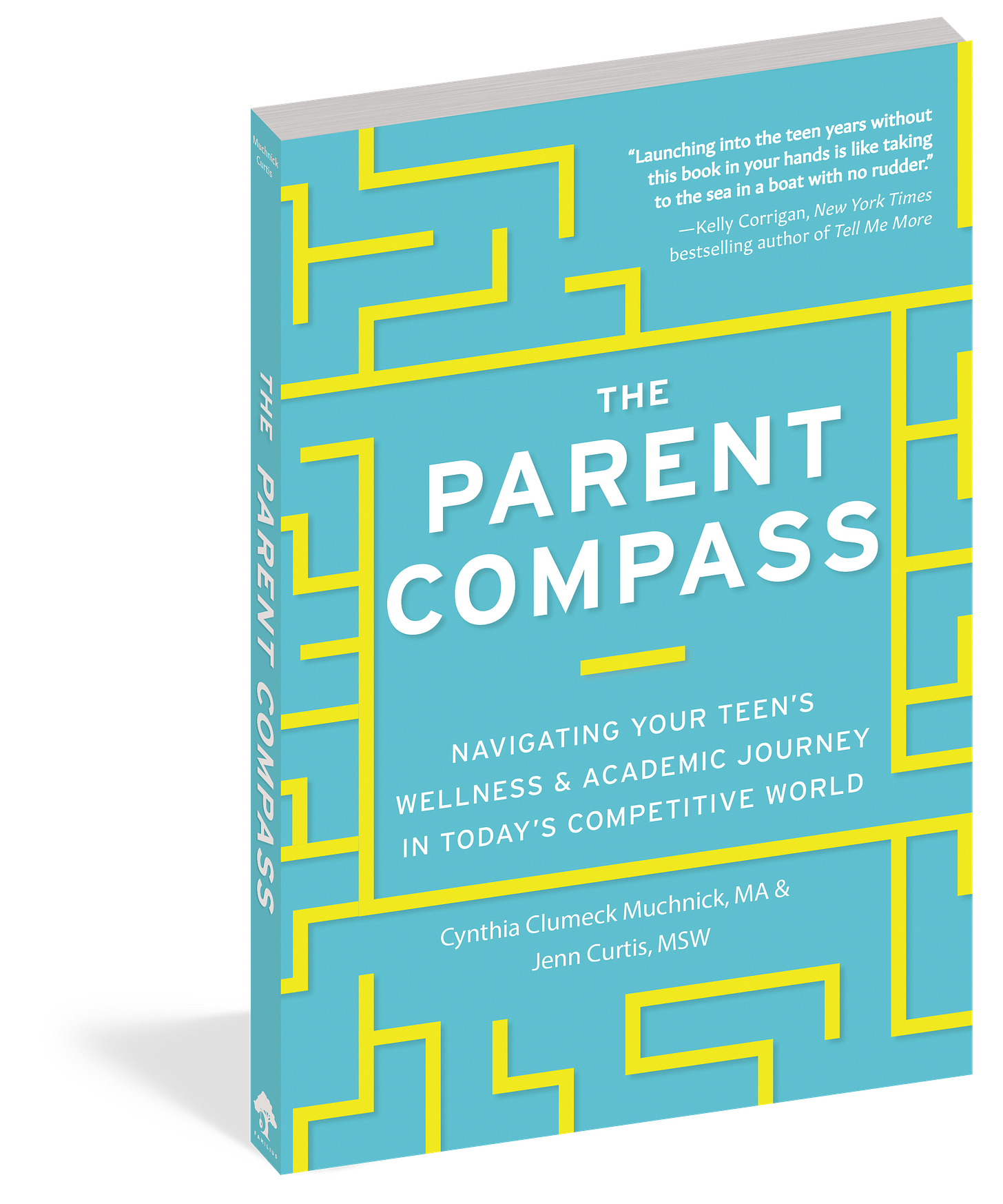Navigating Today's Academically Competitive World
Why we need to ease up on our kids — and how to do it.
This is the free edition of Is My Kid the Asshole?, a newsletter from science journalist, professional speaker and author Melinda Wenner Moyer, which you can read more about here. If you like it, please subscribe and/or share this post with someone else who would too.
First, a quick reminder that I’m running a 30% off sale through January for paid subscriptions for the first year! Don’t miss out on this opportunity to get more great content and support. In this week’s subscriber-only thread, we’ve been sharing our favorite comfort food recipes. I can’t wait to cook some of them this weekend.
Over the holidays, I read a book I’ve had on to-read list for months: The Parent Compass, written by college admissions expert Cynthia Muchnick and educational consultant Jenn Curtis. It’s a wonderful book that dissects the ways in which modern parents are often overbearing — pressuring kids to get good grades, rescuing them from challenges, hiring too many tutors — and explains why these well-meaning approaches are actually counterproductive. But the best part is that the book also provides a clear roadmap for parents on how to ease up on domineering instincts so that our kids can find their voices and flourish.
Cindy, Jenn and I met over Zoom last week and had a fascinating conversation about some of the key insights from their book. The below Q&A has been edited for clarity and brevity.
What inspired The Parent Compass? What made you say, “We need to write this book”?
Jenn: Cindy and I have been colleagues for many years — close to 15 now. In March of 2019, when the college admissions scandal was pasted all over the news, we called each other in horror. We started to talk about what we were seeing in our community and in our own practices — which was parenting behavior that had gotten out of control. We weren't seeing anything that was really amounting to fraud or bribery, but we were seeing parents that were overstepping, over-managing, over-tutoring. We were seeing a lot of really burned out kids, and we weren't seeing these important skills that we really wanted to see in kids, which were self-advocacy skills and grit and resilience, and an embrace of failure and a zest for exploration. Those things were sort of going by the wayside, along with kids’ motivation. So we were piecing together these parenting patterns that we were seeing — the parenting patterns that were impacting these kids’ wellbeing in a negative way, and the parenting patterns that were really impacting kids in a positive way. We started to discover that we had a message to get out there. We felt strongly about helping parents to parent better, particularly as it relates to our ever increasing hyper-competitive academic environment. And that's really where The Parent Compass was born.
How do you know if you’re one of those overbearing parents? I imagine most parents think “no, that’s not me.”



